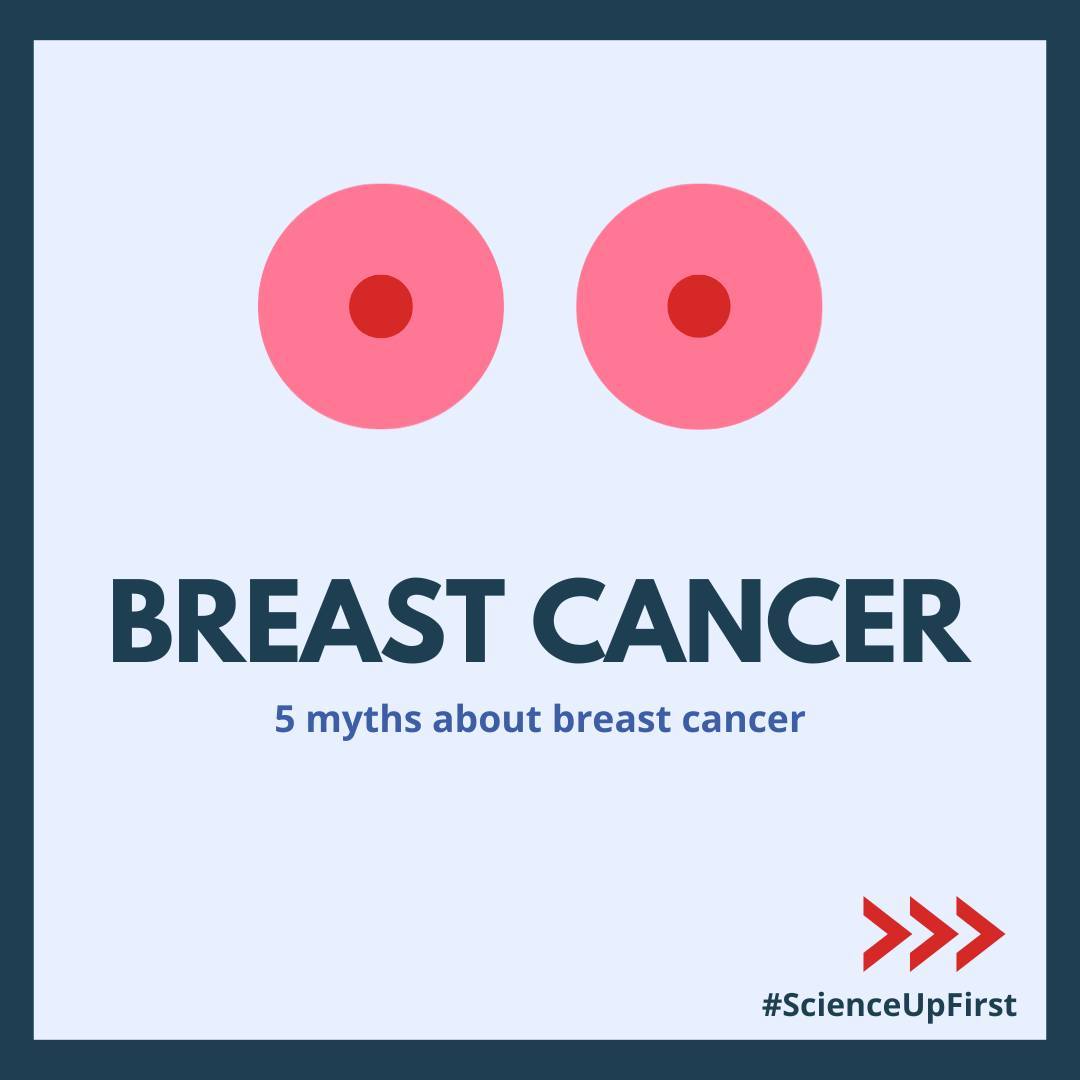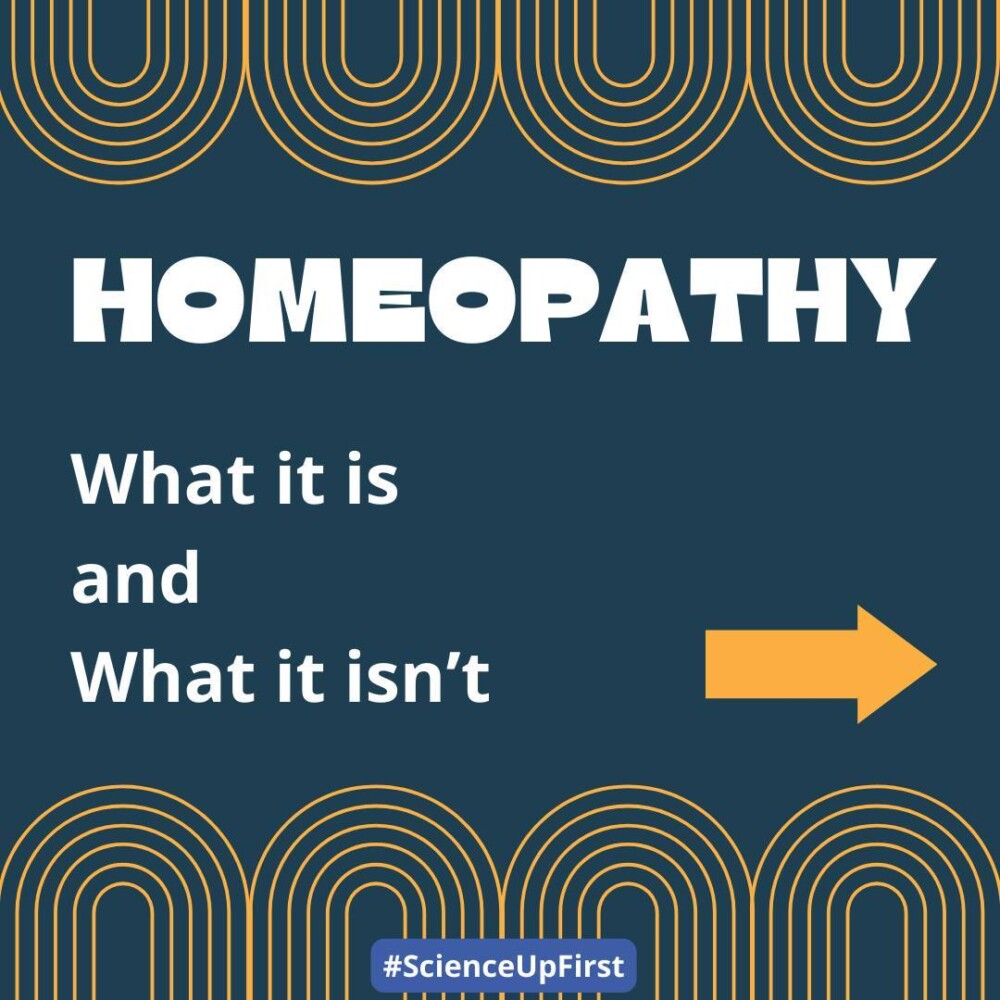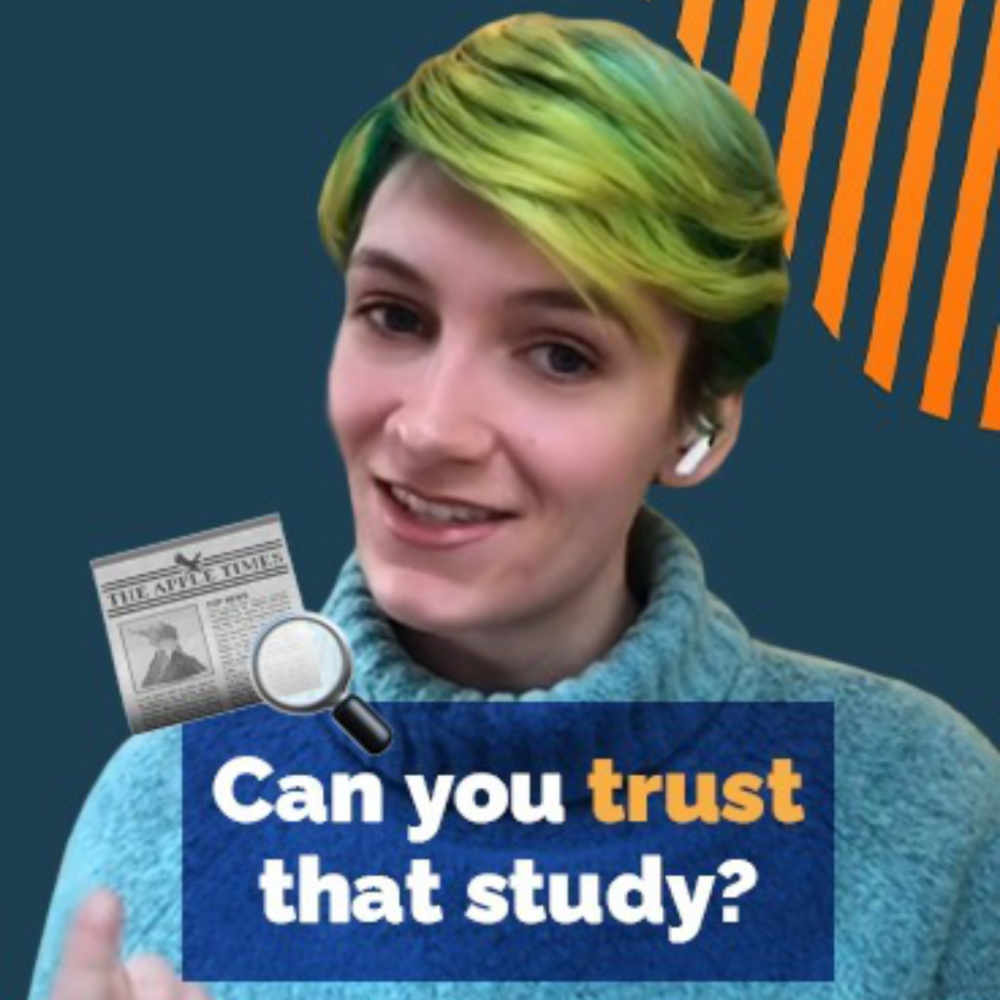





Chances are someone you care about has been affected by breast cancer – it’s one of the leading causes of death from cancer for women across Canada (13).
But early diagnosis is the key to recovery, which starts with awareness. Let’s start by getting our facts right by debunking some myths about breast cancer.
We’re working on a video on how to perform a self-exam. We’ll include why this useful tool has its limitations. Stay tuned!
Share our original Tweet!
Chances are someone you care about has been affected by breast cancer.
Early diagnosis is the key to recovery, which starts with awareness. Let’s begin by getting our facts right by debunking some myths about breast cancer. https://t.co/hFAjRfwMGr#ScienceUpFirst pic.twitter.com/Rmu5uqwUix
— ScienceUpFirst | LaScienced’Abord (@ScienceUpFirst) October 11, 2023
View our original Instagram Post!
View this post on Instagram
- Family history and risk of breast cancer: an analysis accounting for family structure
- Breast Cancer Risk Factors: Age, Genetics & Others
- Risks for breast cancer | FR : Facteurs de risque du cancer du sein
- Palpable breast lumps: An age-based approach to evaluation and diagnosis
- Breast cancer | FR : Cancer du sein
- Know your breasts | FR : Connaître ses seins
- The breasts | FR : Les seins
- Breast cancer in men | FR : Cancer du sein chez l’homme
- Symptomatic Breast Cancers and Why Breast Pain May not Always Need Clinical Review
- No association between breast pain and breast cancer: a prospective cohort study of 10 830 symptomatic women presenting to a breast cancer diagnostic clinic
- Breast Self-Exam: How To Check for Breast Lumps and Changes
- Breast Cancer in the Transgender Population
- Breast cancer statistics | FR : Statistiques sur le cancer du sein
- ACS Breast Cancer Screening Guidelines
- Screening for breast cancer | FR : Dépistage du cancer du sein
- Breast self-exam for breast awareness
- Self-Breast Exam: Purpose, Steps & How To
- Memo-mamo | FR : Mémo-mamo
- Breast self-exam




